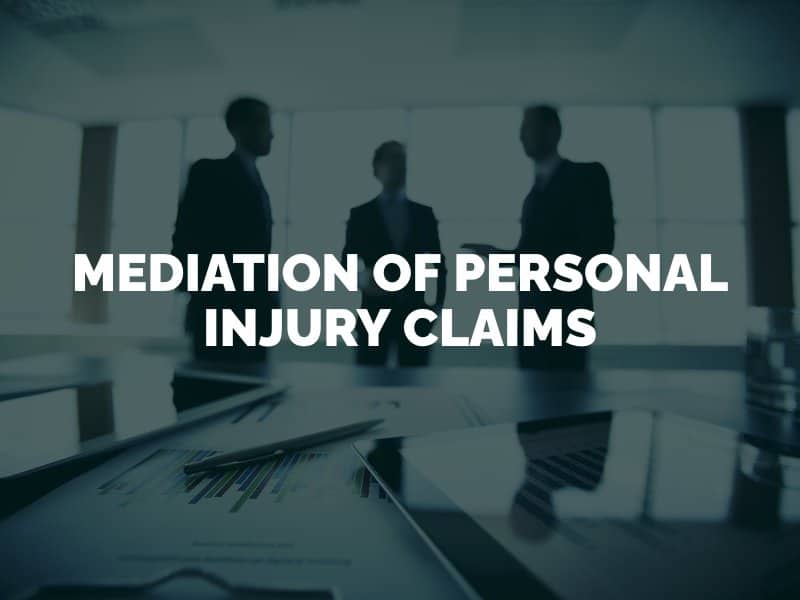Sometimes, it is not completely necessary to engage in litigating personal injury claims through the civil court system. Instead, plaintiffs can take advantage of other dispute resolution methods when seeking compensation for their damages. Of these dispute resolution methods, mediation is being used very commonly.
Attorneys and insurers see the value in mediation, so you, as the plaintiff, should learn whether it is a good fit for your case. To find out more about what mediation means and how this dispute resolution method looks, continue reading.

Through the mediation process, all parties who are engaged in a dispute work with a mediator to reach a satisfactory outcome. The mediator should typically be a neutral third party that has been professionally trained to help individuals and entities negotiate in order to reach reasonable conclusions. Engaging with a mediator is optional, at least until the claim becomes an actual lawsuit.
Please note that mediation only occurs when both sides request it. Also, the mediator is not there to provide their own reactions or opinions. Nor are they there to encourage any one outcome. Instead, their role is to provide outside support to help all parties come to an agreement.
If it is impossible for an agreement to come from the mediation process, the dispute goes back to where it left off before mediation was requested. Though, any details ascertained in mediation are not to be used throughout future stages of the legal process. This is to ensure that all sides have the opportunity to express what they need to say realistically, without concern that they will position themselves to lose the dispute.
In most cases, the cost of mediation is shared by all parties equally. Though, there are some instances wherein the party with more assets may be expected to pay a larger portion of mediation costs. To find out how much mediation will cost you in your claim, speak to a Denver personal injury lawyer with experience engaging with mediators.
In personal injury claims, negotiations with insurance adjusters tend to reach a point of contention or stalemate often. To get things moving in a desirable direction, mediation can be helpful.
The good thing about mediation is that you get to sit face to face with the insurance adjuster, rather than just sending documents to them. You also will not need any arguments that you have not already committed to in the claims process. Having the mediator there will make it easier to keep negotiations from breaking down.
Overall, mediation is frequently a faster, more convenient, and less expensive process than going to court. Though, things go even more smoothly when you hire a lawyer to engage in the mediation process on your behalf.
Mediation is not always the right option. If you are currently engaged in a personal injury claim, you may want to speak to an attorney to determine whether mediation is a good fit. In cases where mediation is decidedly good, you can have your lawyer help you navigate the process.
Fang Law Firm is ready to hear from you. Please submit the contact form on this page to get in touch with a lawyer soon.